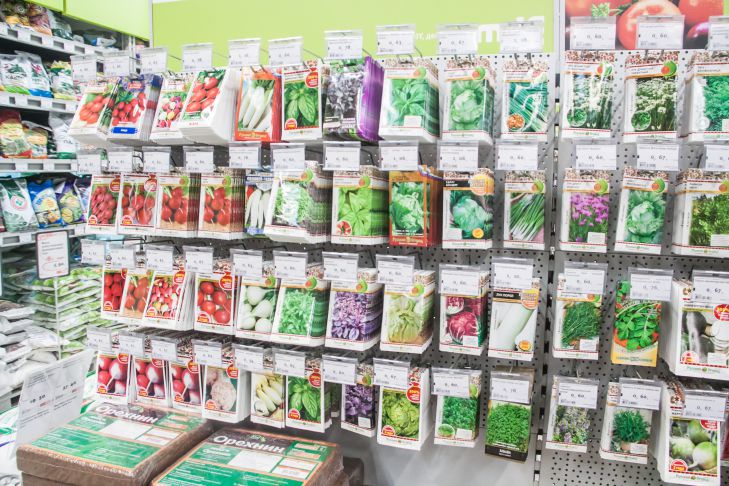At the end of winter and the beginning of spring, gardeners usually plant seeds for seedlings.
And some summer residents send the seed material into a container that contains not only soil, but also snow.
This unusual strategy produces a very interesting result.
However, the method is only effective for certain types of seeds.
Anastasia Kovrizhnykh, an expert of the online publication "BelNovosti", agronomist and landscape designer, spoke about the peculiarities of "snow" planting.

What seeds can be planted in the snow
This seeding strategy is ideal for very small seeds, which together resemble dust.
We are talking about seed material that is related to strawberries, celery and petunias.
Sowing on snow has several advantages over planting in regular soil. These are the following advantages:
- the seeds are clearly visible against a light background: it is immediately clear whether their distribution is uniform;
- the seed material is “hardened”, its condition improves;
- gradually the seeds end up a little deeper in the soil: and all thanks to the transformation of snow into water;
- future seedlings receive a sufficient amount of high-quality water.
How to plant seeds in snow correctly
You need to take a container for seedlings (there should be holes in the bottom) and pour soil into it. The latter should take up about 50 percent of the container's volume.
Next, you need to put snow in the container. Of course, you need to choose those white flakes that are free of dirt. In addition, the precipitation should be sufficiently loose.
The height of the snow layer in the container for seedlings should be about one and a half centimeters.
It is desirable to ensure that the surface of the snow is smooth.
Once the desired result is achieved, a “dust” consisting of seeds should be sprinkled onto the light surface.
Earlier, summer residents were told whether it was necessary to check the soil before sowing seeds for seedlings.









